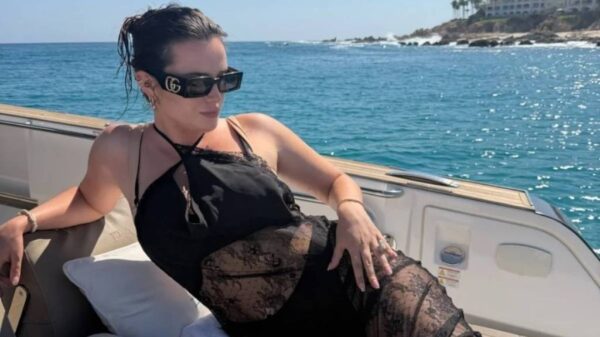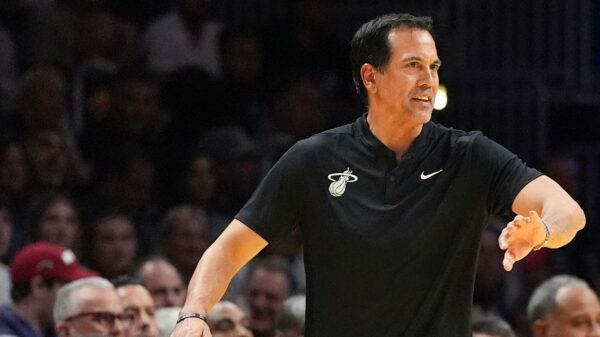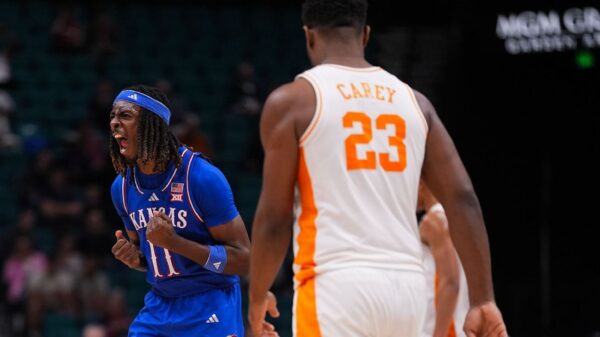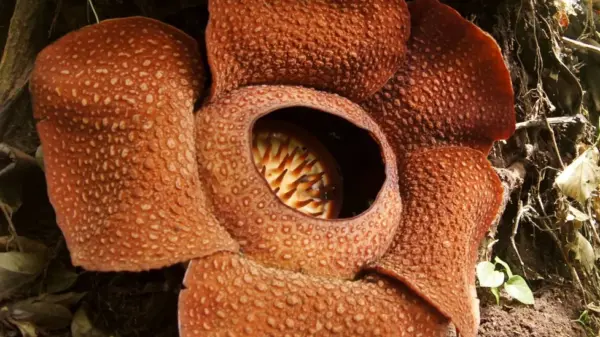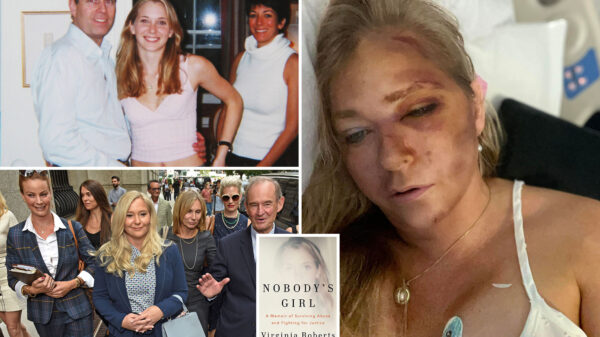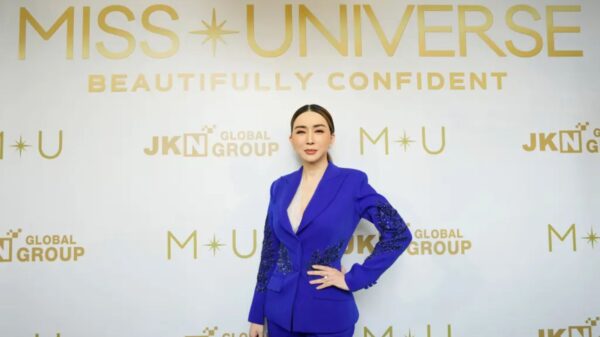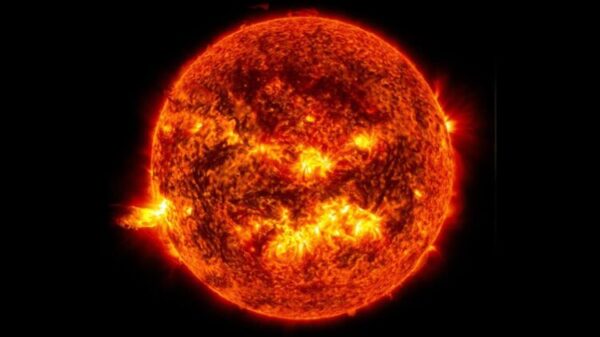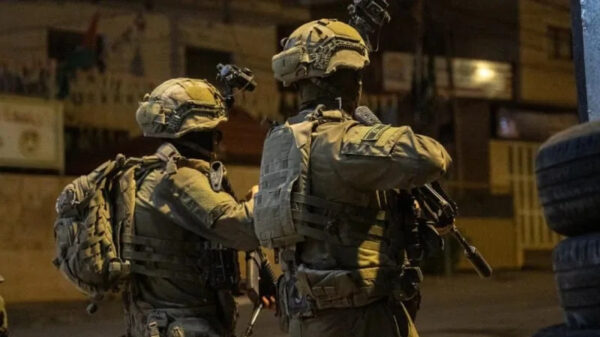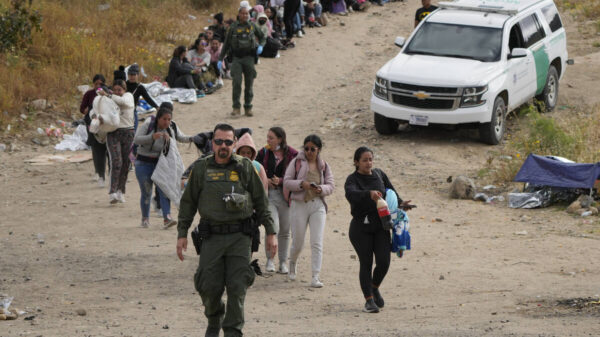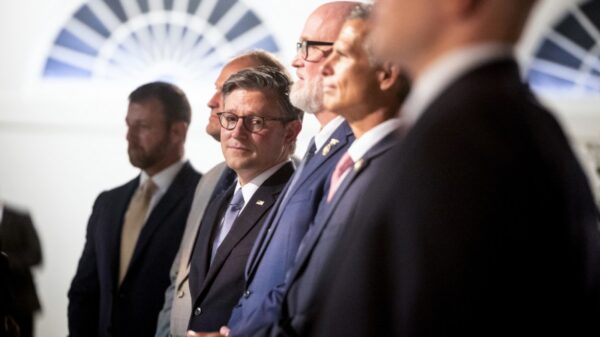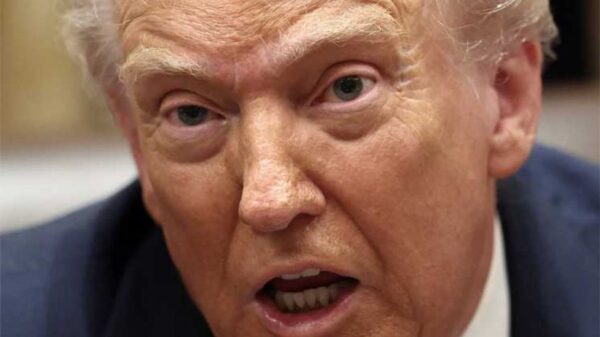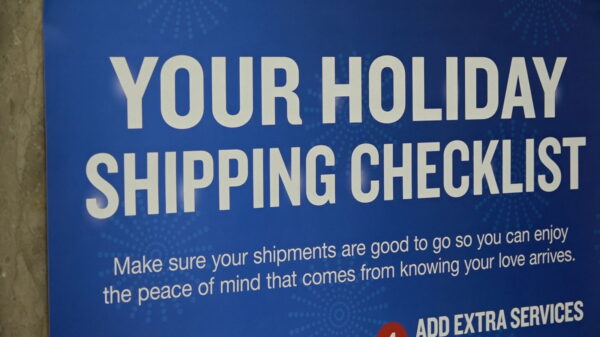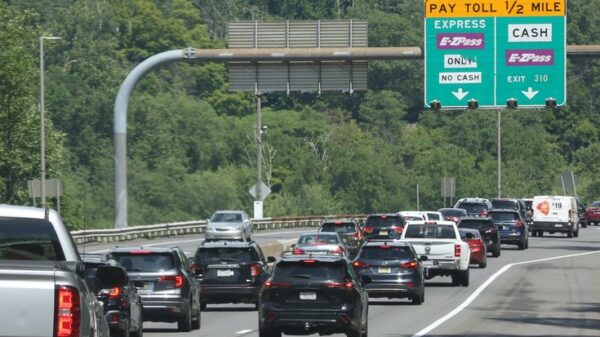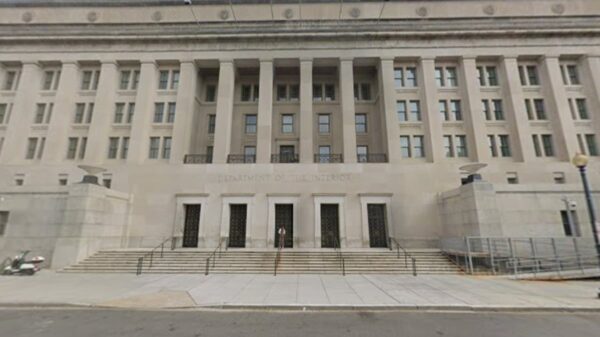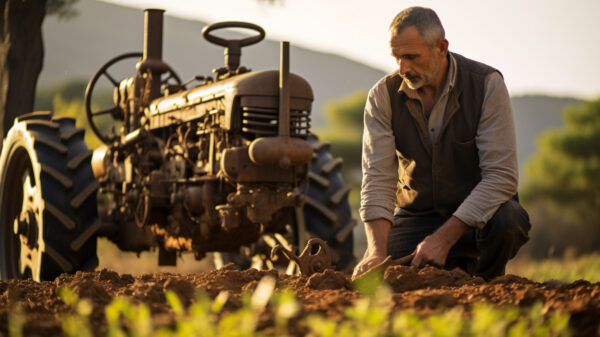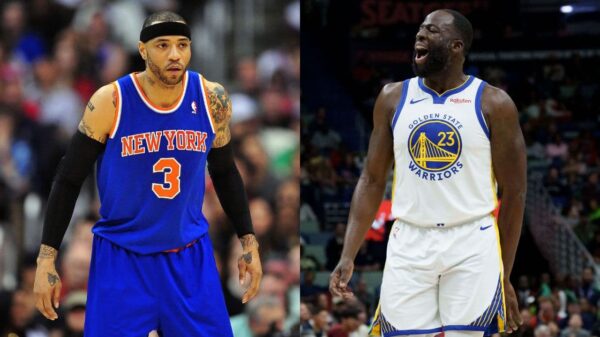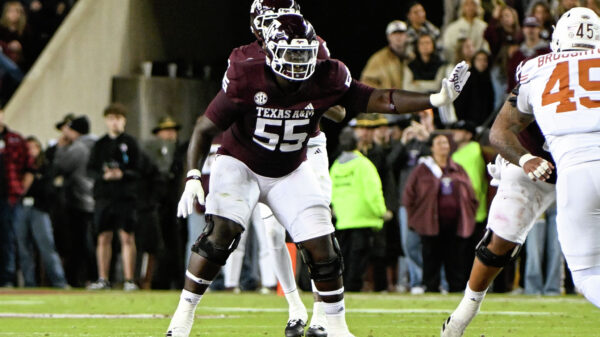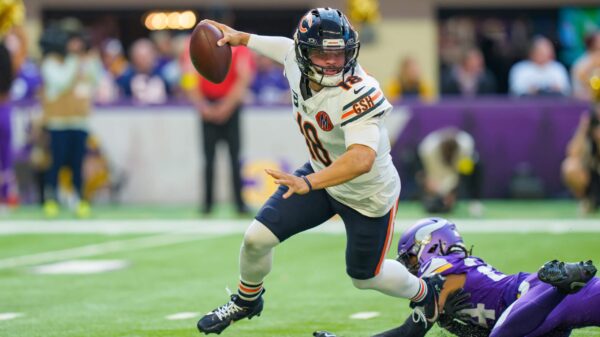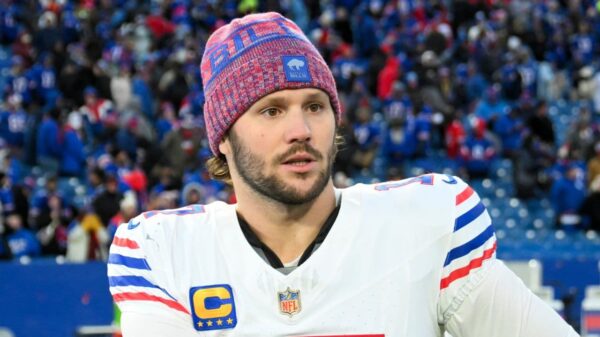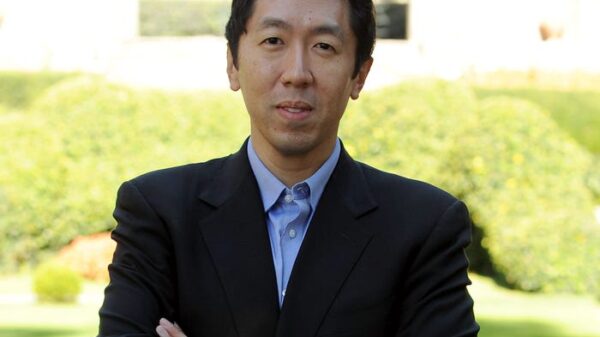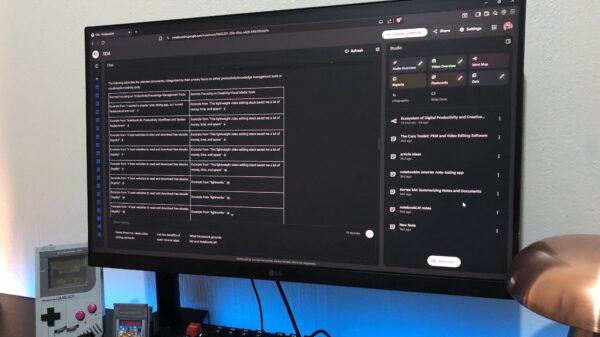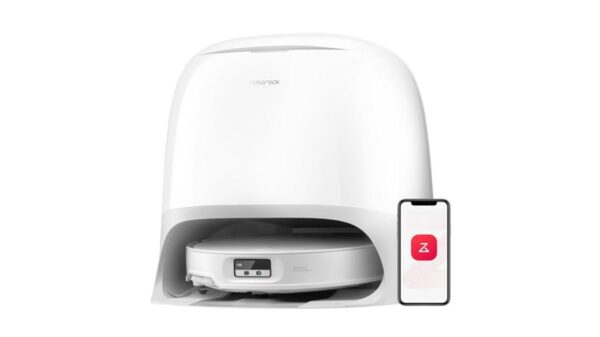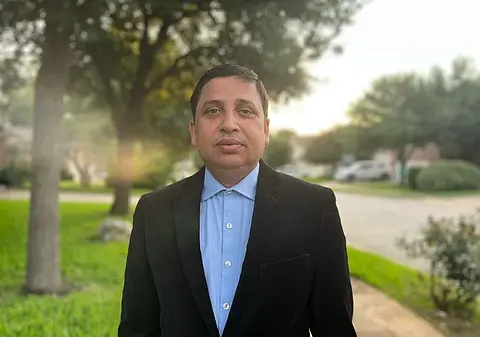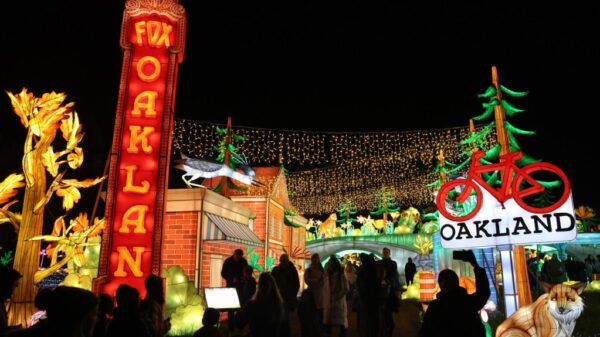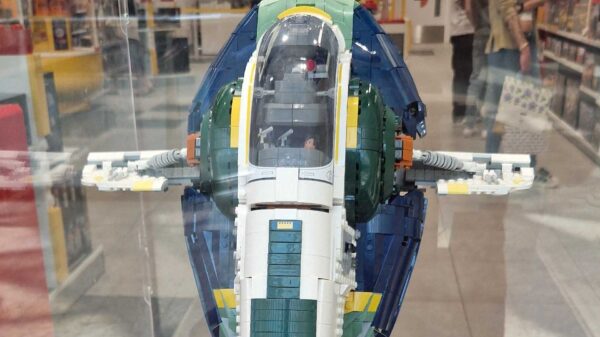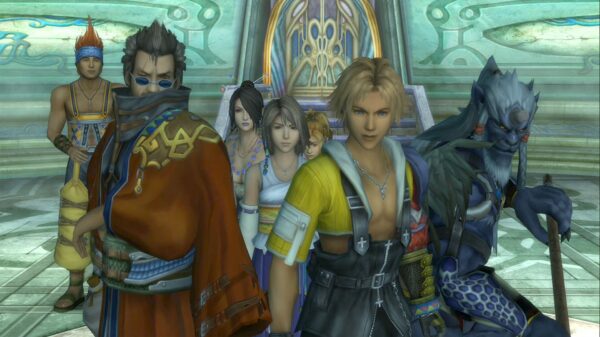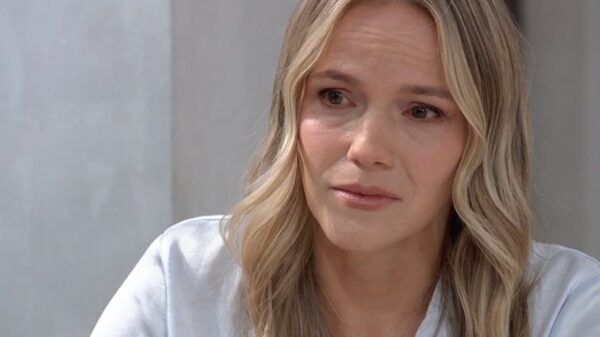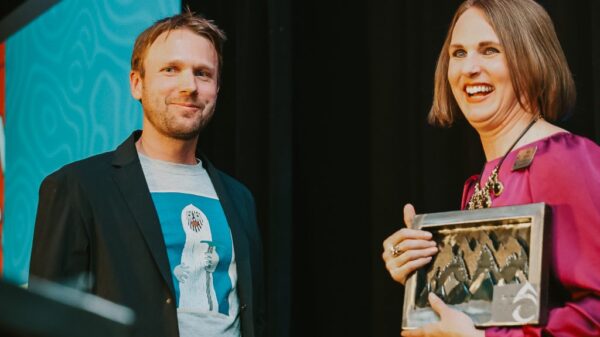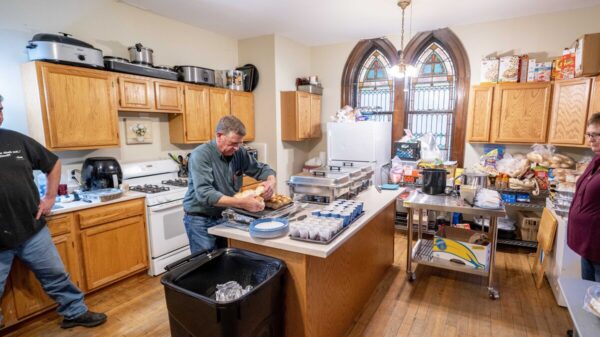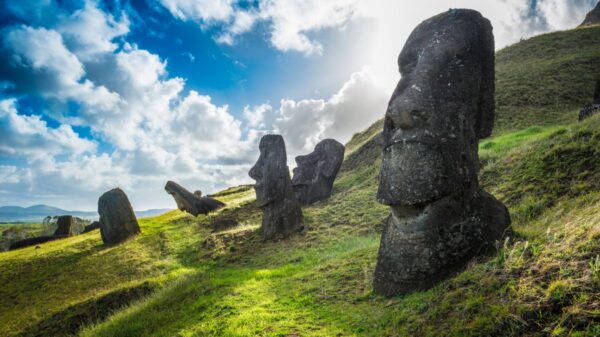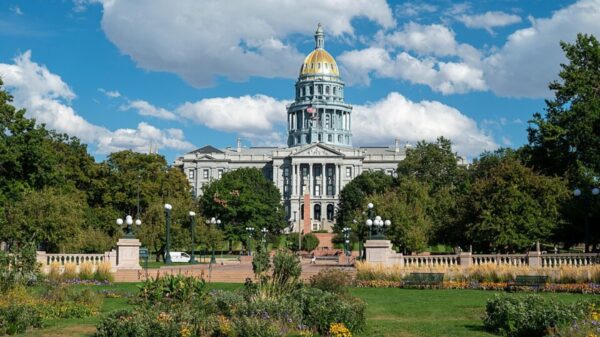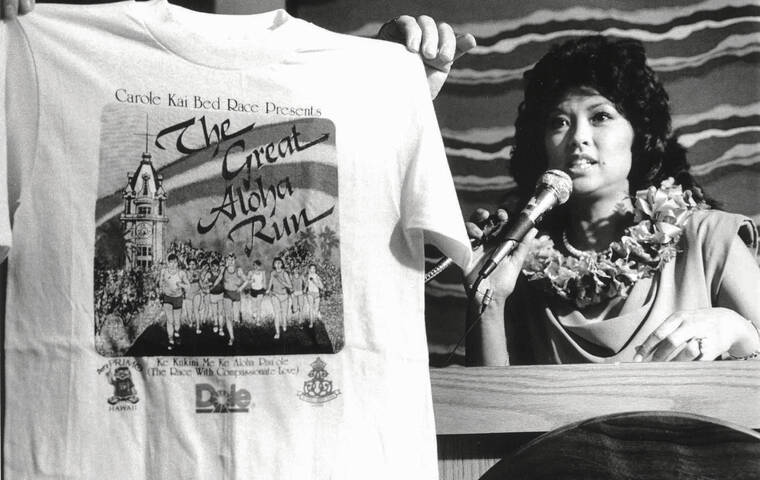The Great Aloha Run, a prominent community sporting event in Hawaii, has officially concluded after an impressive 41-year run. The final race took place on February 17, 2024, marking the end of an era that began in 1985 with a mission to promote fitness and philanthropy. Founder Carole Kai Onouye announced her retirement, stating it was the right moment to close this beloved chapter.
Onouye expressed her heartfelt gratitude to her family, sponsors, and the thousands of participants who contributed to the race’s success over the decades. “After 41 awesome years, I am looking forward to retirement and spending time with my supportive husband, Eddie,” she said. She emphasized her hope that a new organization might carry on the tradition of supporting worthy charities in Hawaii.
The Great Aloha Run was not merely a race; it became a significant cultural fixture. In its inaugural year, nearly 12,000 participants registered, setting a record for the largest turnout for a debut road race in the United States. The event attracted elite athletes, wheelchair competitors, military units, and countless residents eager to walk the route. The final race drew thousands of in-person and virtual participants, generating approximately $150,000 for various charities across Hawaii.
Over its history, around 750,000 participants crossed the finish line, raising nearly $20 million for more than 200 nonprofit organizations, including health services, schools, and community groups. Philanthropy has been a cornerstone of the event since its inception. Onouye, inspired by her upbringing with a single mother, believed that health and fitness could effectively partner with community support. “Promoting health and fitness helps build a stronger, healthier community,” she stated.
The Great Aloha Run followed Onouye’s earlier initiative, the Carole Kai Bed Race, where decorated rolling beds raced through downtown to raise funds for local causes. This blend of fun, fitness, and philanthropy continued with the Great Aloha Run, which Onouye co-founded with the late Dr. Jack Scaff, the creator of the Honolulu Marathon.
Hawaii’s culture of caring and support for local causes was evident in the event’s spirit. “For 41 years, the Great Aloha Run has honored this spirit of giving, bringing our community together in support and good health,” Onouye reflected.
In an effort to engage younger participants, the Keiki Great Aloha Run was launched in 1993, allowing children and families to participate while raising funds for local schools. Over the years, approximately 40,000 children participated, generating more than $250,000 in support. “The Keiki Great Aloha Run provided a healthy activity where our keiki can challenge themselves in a healthy and fun footrace,” Onouye remarked.
Sustaining the event required consistent support from sponsors, ensuring participation remained affordable. The most significant challenge arose during the COVID-19 pandemic, which halted in-person events. Rather than canceling, organizers pivoted to virtual runs, allowing them to maintain traditions and continue fundraising efforts for nonprofits. “We felt an obligation to continue raising funds for Hawaii charities,” Onouye explained.
Reflecting on her journey, Onouye emphasized that the most meaningful aspect of the event was the community it fostered. “What has really mattered is the people,” she said. Her fondest memories came from witnessing the joy of participants as they crossed the finish line, smiling and celebrating together.
Onouye hopes the event will be remembered for its guiding philosophy, encapsulated in the Hawaiian motto, Ke Kukini Me Ke Aloha Pauole — “the race with compassionate love.” “I hope the run is remembered for its love and compassion for everyone,” she stated.
While the finish line has been crossed for the last time under Onouye’s leadership, she remains optimistic about the future. “Maybe one day, someone will carry the torch and continue the legacy in a new way,” she concluded. “That would be the greatest gift of all.”

